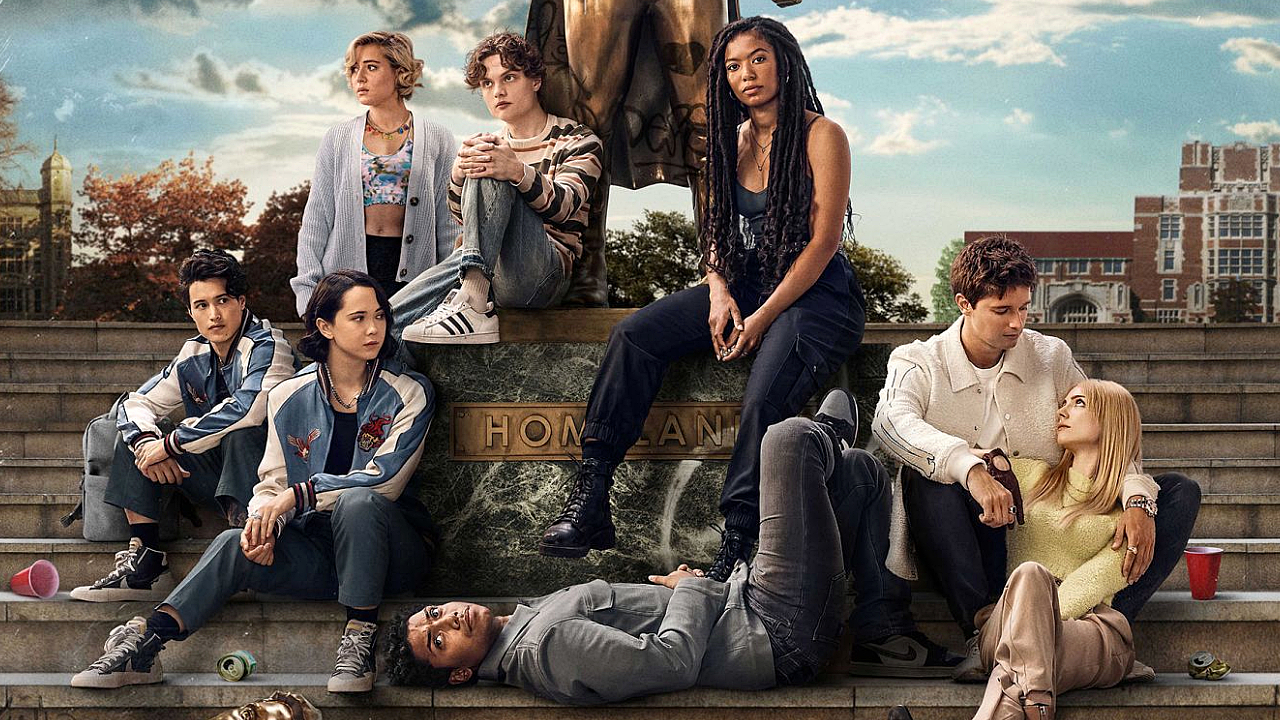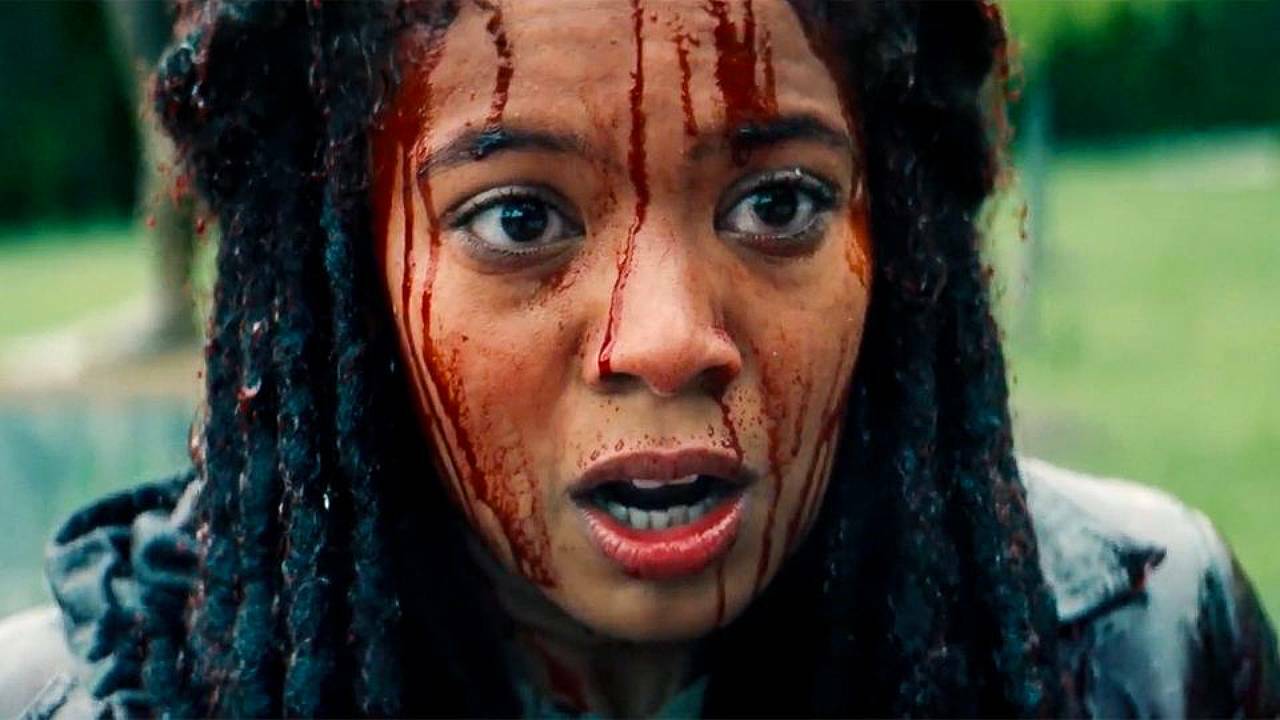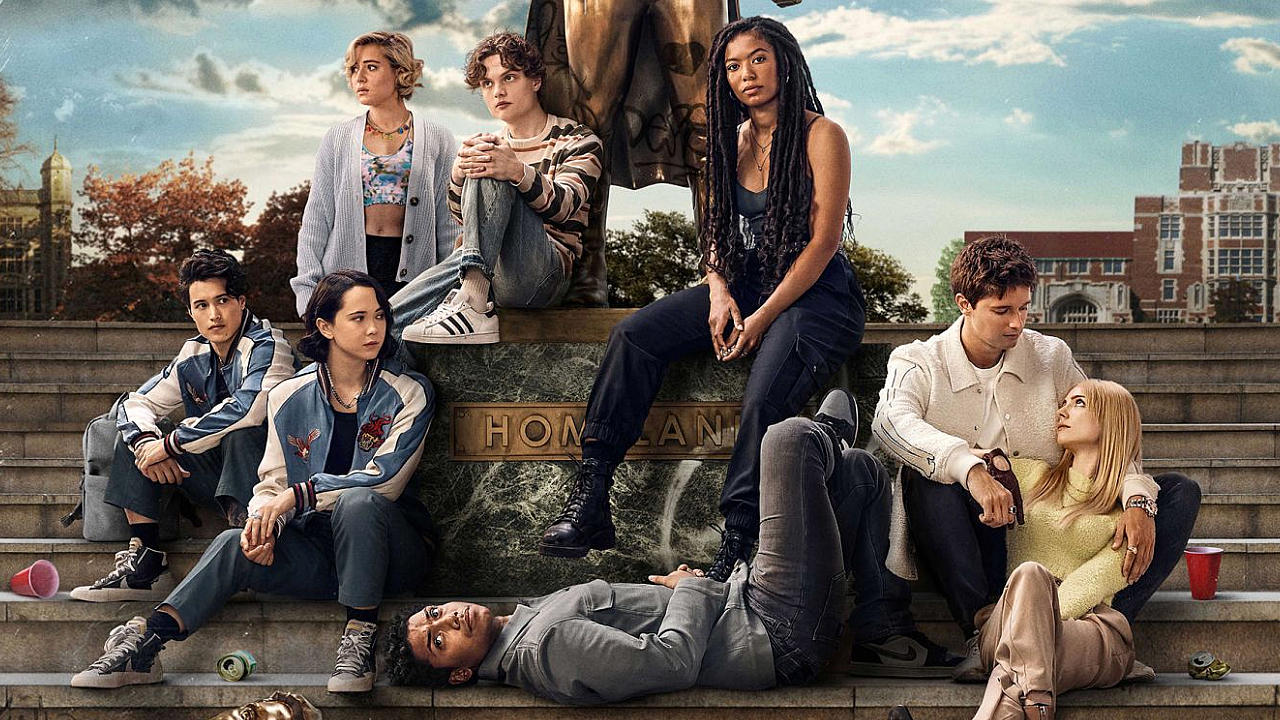The powers of our main characters in Gen V might be more "real" than you think, as a fan theory connects them to mental health problems. And it makes a ton of sense!

Gen V is the newest entry into the "The Boys" franchise and has been a lot of fun so far. A theory now suggests, that the show might actually feature some underlying themes that connect the superhuman powers of our main cast to mental health struggles.
The Boys already handled ways that superpowers would corrupt human beings into abusing their powers for their own gain, turning into perverted habits that contradict their hero persona.
The invisible man is spying on women in the bathroom, the speedster is running away from his problems, the god among men is lonely because he is above everyone else etc.
Now Gen V introduces a new formula to how superpowers can mess up young people, by literally messing up their mental health, while also expressing their struggles with mental health. Here are some examples.
Gen V Character Powers Linked To Their Deeper Issues
The characters in Gen V have a brand-new set of powers that appears to be less dependent on critiquing existing stereotypes and more focused on creating its own thing in an already existing setting.
Granted, the show is loosely based on a self-contained narrative of The Boys' comic , but it's very much its own thing, with a new and unique set of characters whose powers and suffering might not be all that random.
Just look at our main characters, Marie has to literally cut herself to user her blood-manipulation, and at one point even does so to simply cope with a stressful situation. So yeah, self-harm is written all over her face.

Emma has to force herself to throw up to use her superpower and shrink. If she wants to grow, she then has to binge food again. Another character in the show jokingly compares her to Alice in Wonderland, while others say she has bulimia. And yeah, her superpowers parallel bulimia a lot! Probably intentionally so.
Not to forget Jordan, whose power to switch between genders is a hot topic within the Godolkin University. Not only do they get discriminated against for this by Vought, but their parents can't come to terms with their superpower as well. Jordan's powers therefore seem to mirror the identity struggle of transgender people and their fight for a place in society.
Then there's Luke, who hides his struggles behind his Golden Boy persona and shines so brightly with his thermonuclear powers that nobody is able to see what he is hiding. Not even his closest friends are privy to his secrets, which ultimately lead him to take his own live and explode himself, shining brightly one last time, before burning out. I guess, you could argue, he mirrors the burnout syndrome (pun intended).
Last but not least (and not really last, as there's still more characters), Luke's brother Sam, who is pretty much the only character in the show who has been legit diagnosed with a mental health disorder. Sam apparently suffers from schizophrenia, but it's not clear how that might be connected to his superpowers. Guess, we'll have to wait and see whether they actually plan to have those two be connected at all.
The first couple of episodes of Gen V already did a great job of showing the struggles young people face within the setting of a superhero world, and how their superpowers kind of correlate to those struggles.
The show does a great job of showing us what the all powerful Seven might have looked like during their college years, before they turned into the monsters we know and hate.






























